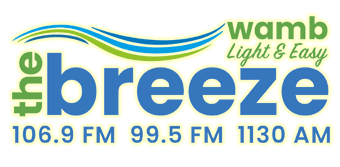
WASHINGTON–The medical device tax is a tax on innovation that threatens the care of patients and could cost thousands of jobs, says Senator Todd Young.
The Medical Device Tax is a 2.3% tax on the sale of most medical technologies that was enacted as a part of ObamaCare. If it is enacted as planned January 1, 2020, Young says many people will be negatively affected by it.
“It’s a tax on innovation, it’s a tax on American competitiveness, it’s a tax on American working families. I’ve seen these hardworking manufacturing workers, who work at these device companies back home in Indiana,” Young said.
Medical devices can mean X-ray or MRI machines, hospital beds, or most industrial-use machines used by hospitals or doctor’s offices. The tax generally isn’t charged to consumers for devices like hearing aids or contacts.
The jobs Young referred to pay far more than the median wage in Indiana. He says the people who have these jobs are involved in life-sustaining, oftentimes life-improving work.
“This work can only continue, however, if we’re able to, at the least, give a reprieve to these innovative companies, and the workers who make these important products by delaying the implementation of the medical device tax,” Young said.
Young says Democrat House Speaker Nancy Pelosi is part of the problem.
“This means not only Republicans vocalizing support for further delay or ultimate repeal of this tax. It also means Democrats – who for years have indicated they support a full repeal of this tax – calling Nancy Pelosi and encouraging her to get on board because unfortunately she and only she is the primary barrier to seeing this tax delayed or ultimately repealed,” Young said.

One of Young’s colleagues, Rep. Jackie Walorski (R-Ind) has written a bill to permanently repeal the tax. She says the tax will cost companies billions of dollars that they could be used to find ways to make medical treatment better for people, and that the money paid to the government might’ve otherwise been used to keep Hoosier jobs.

